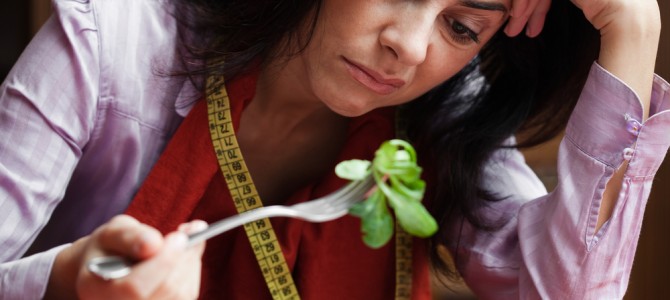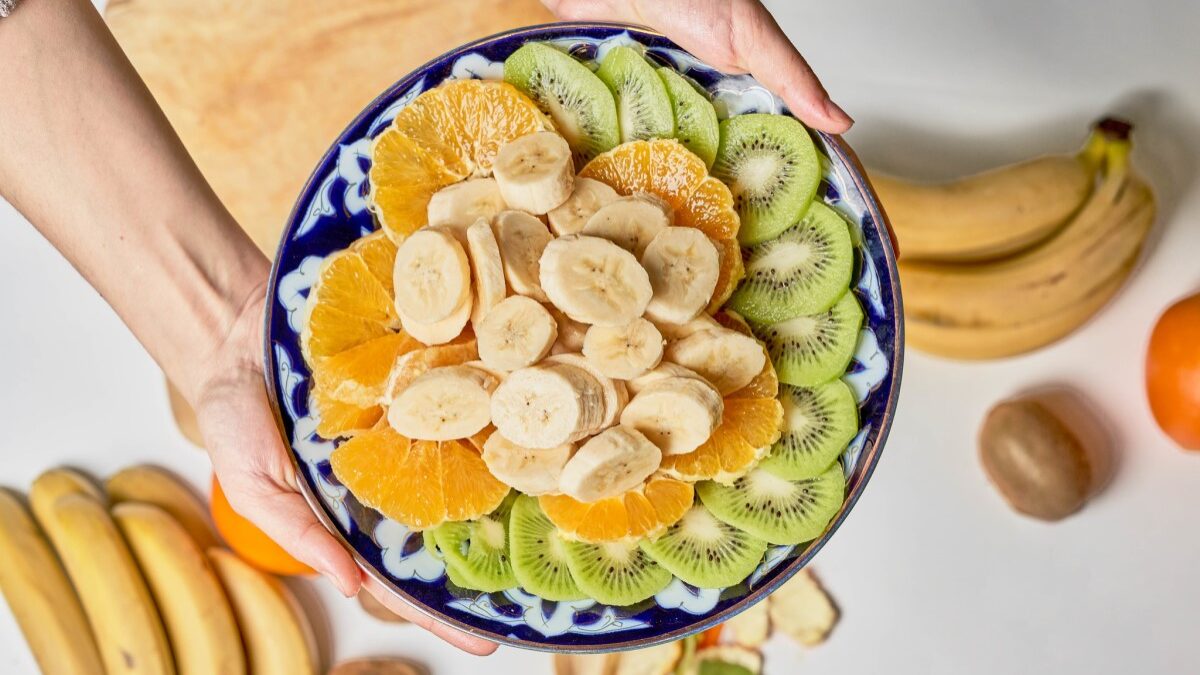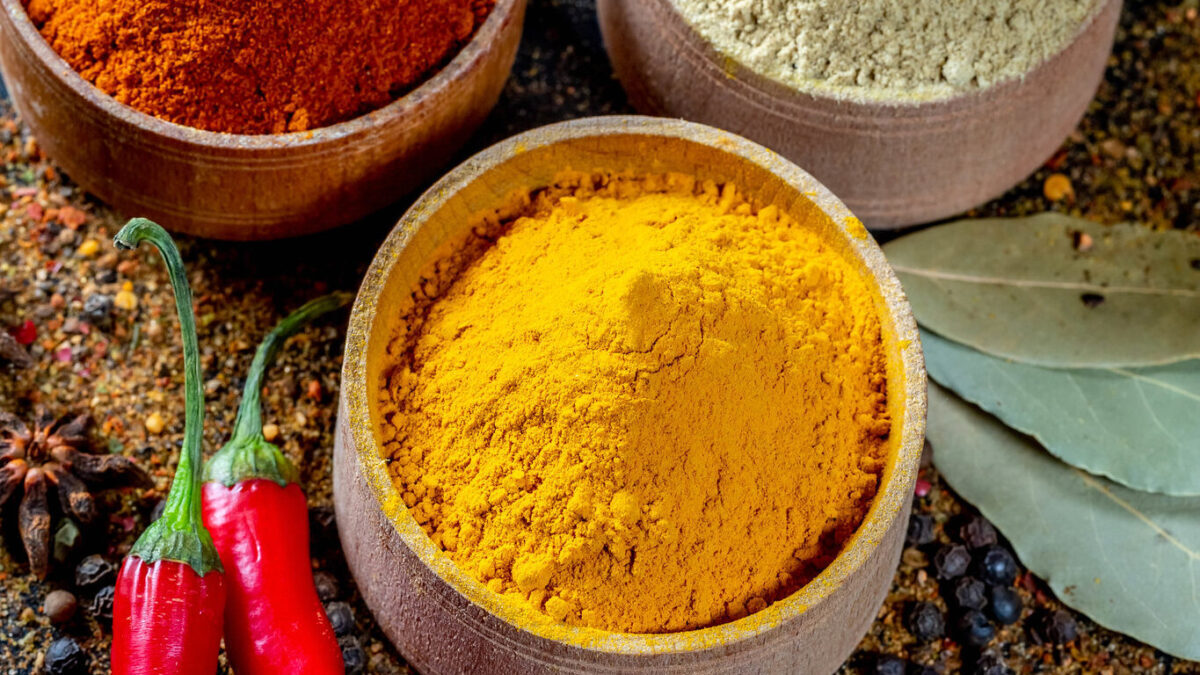This holiday season, as women tussle the turkeys and brown the Brussel sprouts, we have a brand spankin’ new eating disorder to worry about: Orthorexia. An emerging disorder, orthorexia is an obsession with eating clean: Fixating on consuming only organic, locally sourced, ethically raised, vegan or all-around pure food.
As with all compulsions, orthorexia takes a common desire to an extreme that restricts everyday life. But it highlights a parallel extreme in our culture: The belief that purity comes through what we eat. I wonder if the whole thing isn’t a spiritual question after all.
The Rigid Morality of Food
A chorus of critics lives in our heads, born of a mishmash of advertising, magazine articles, and seemingly perfect crunchy moms at the park. “Unclean! Unclean!” they cry when we buy the store brand of bread. Dare to feed your kids at McDonalds? “Unclean! Unclean!” Inorganic milk or apples or peanut butter, water out of the tap, Oreos after school… and the chorus shouts out, “Unclean!”
We reject old-fashioned notions of integrity, scoff at the very concept of sexual chastity, and enthrone pleasure at the top of the moral echelon, but seek absolution in our food. The only place you hear the word “purity” taken seriously is in ads for bottled water. We want our chickens to have lived better lives than we have and our vegetables to be of upstanding moral character.
There is more than a little sad irony in the fact that some of the same people who refuse to eat an inorganic muffin casually engage in intimate sexual contact. Their body is a temple at the table, but so undervalued in the bed. After all, relationships, with lovers, with family, with God, are complicated and painful. Real love, of self and of others, requires removing self from the altar of our hearts and worshipping something bigger.
That is scary, and rightly so, so we put it off truly becoming better people and work on purifying our bodies, where we can safely focus on self.
I Can’t Control My Temper, But I Can Control My Eating
We detox, we cut out gluten, we shop local, we eschew processed foods, and we cleanse our colons. We live as if the only arena in which purity is possible or desirable is in the fuel for our body. It so often goes beyond mere healthy eating to something akin to the religious. If only we piece together the right combination of foods and activities, the truly good life will follow.
This is not a new thought process. This particular fallacy has been around thousands of years. The New Testament recounts a group of people who lived by rigid rules of eating, washing, and associating with only the best people. They were called the Pharisees. A wise man (his name was Jesus, but that’s not the point right now) confronted this group of religious people who went around telling everyone they were unclean for what they ate or who they ate with. He said, “It is not what goes into a man’s mouth that makes him unclean, but what comes out of it.”
Our generation is no different than those of the past. We thirst for a beautiful life. We ache to be good. We desperately want to matter, our lives to matter.
Maybe it’s time to focus more on what flows out of us than what flows in. We can release our food compulsions and adopt a standard of grace and love with others. We can choose to worry more about those around the table than the food on it.
If we merely shift our focus from self to others, we can re-create the table as a place of welcome, abundance, joy, gratitude, and giving.









